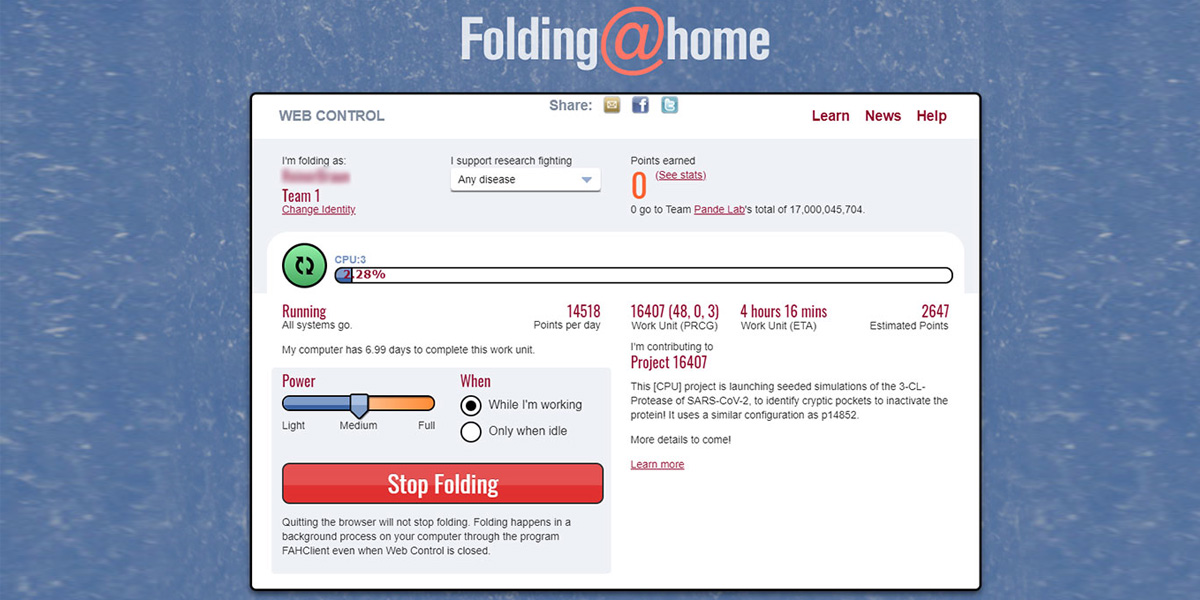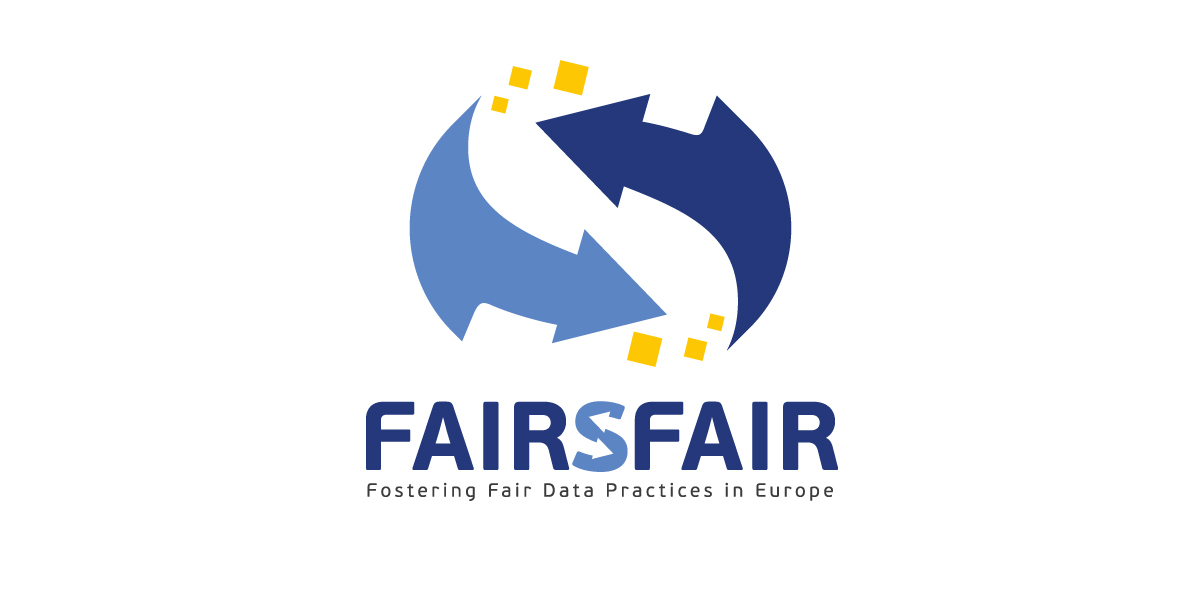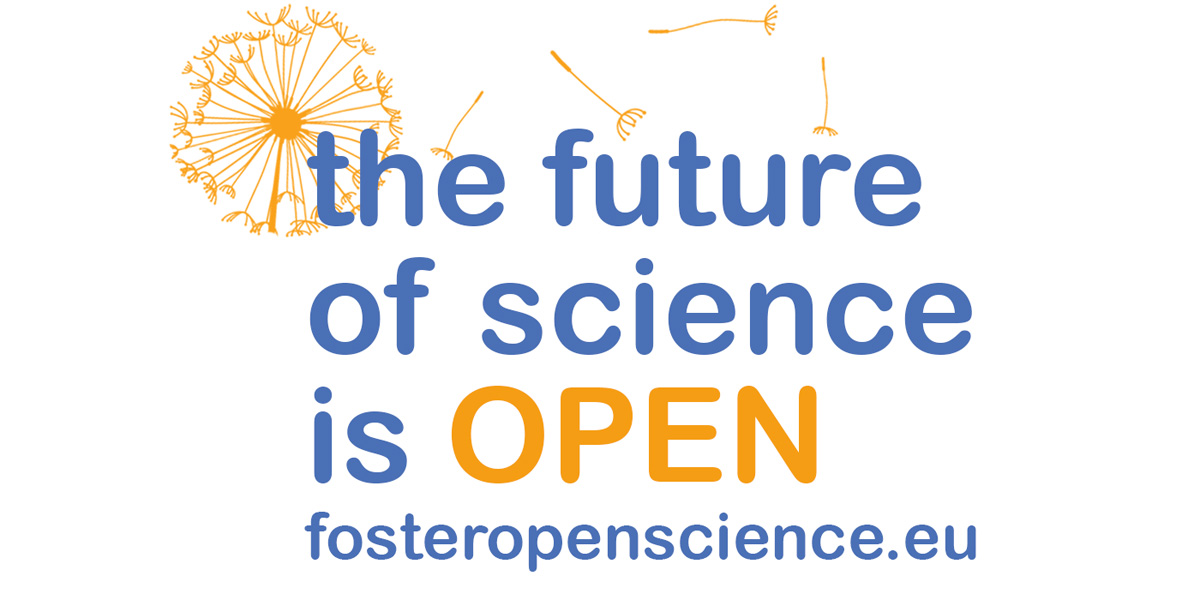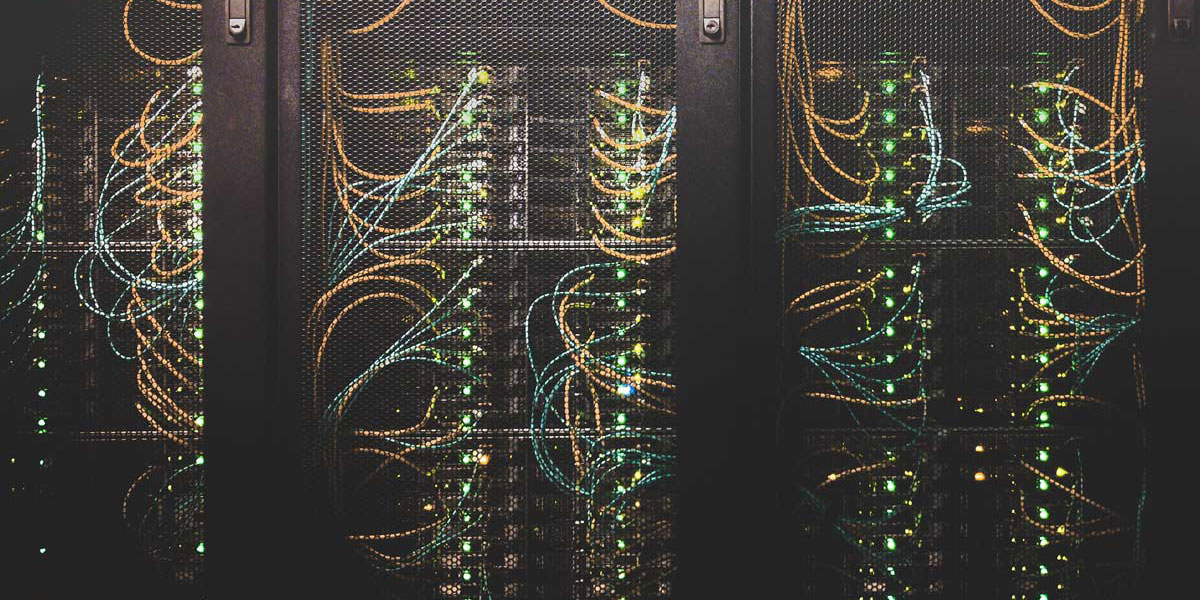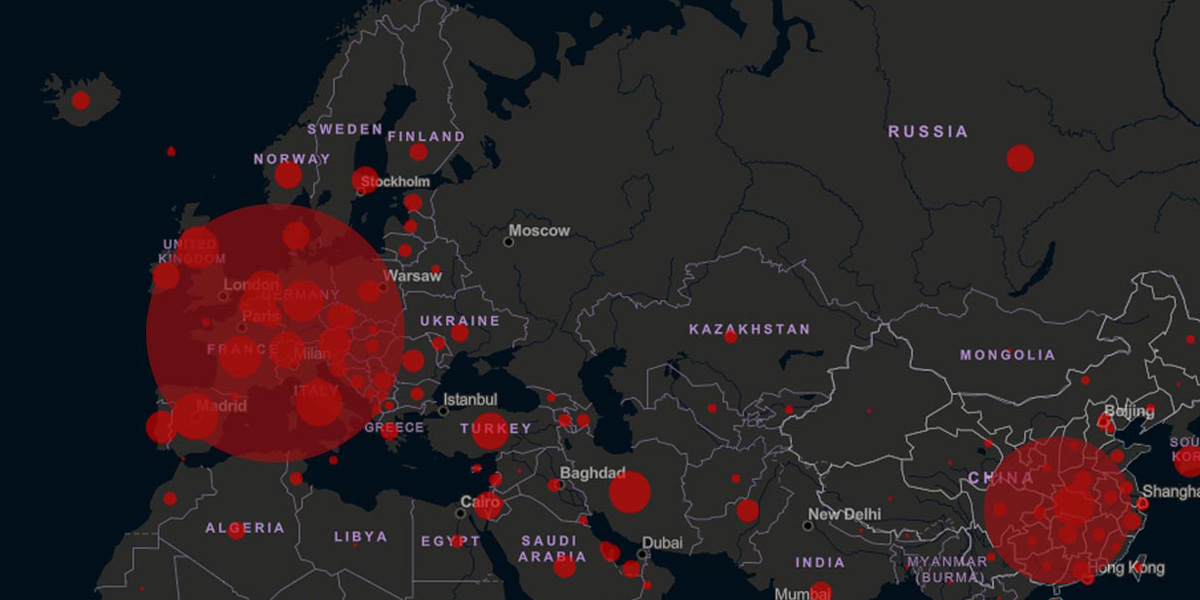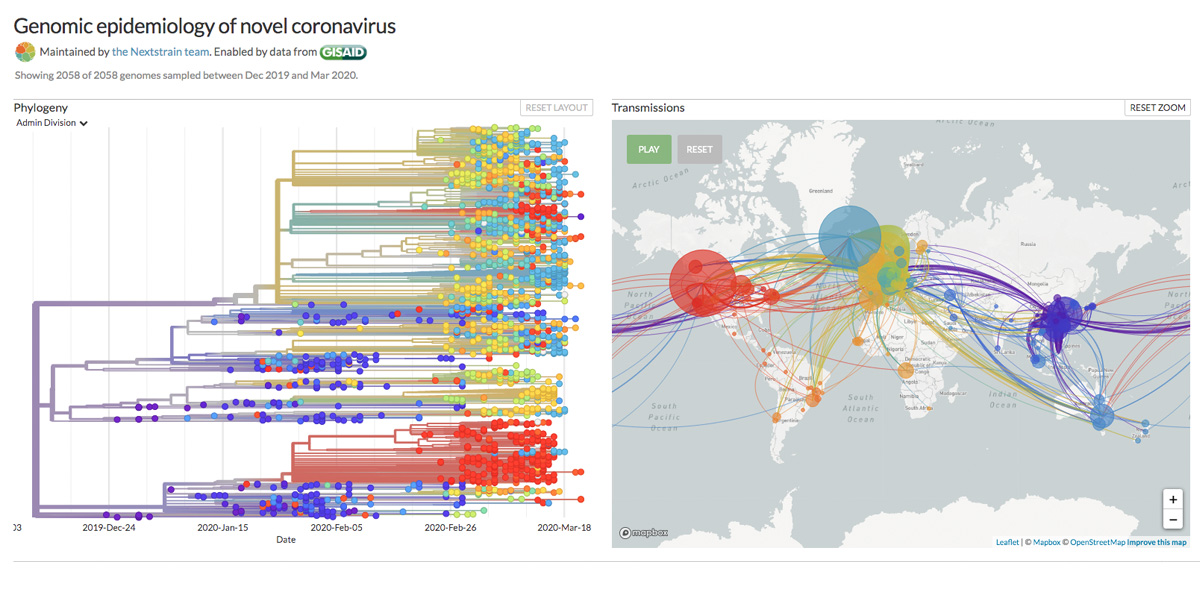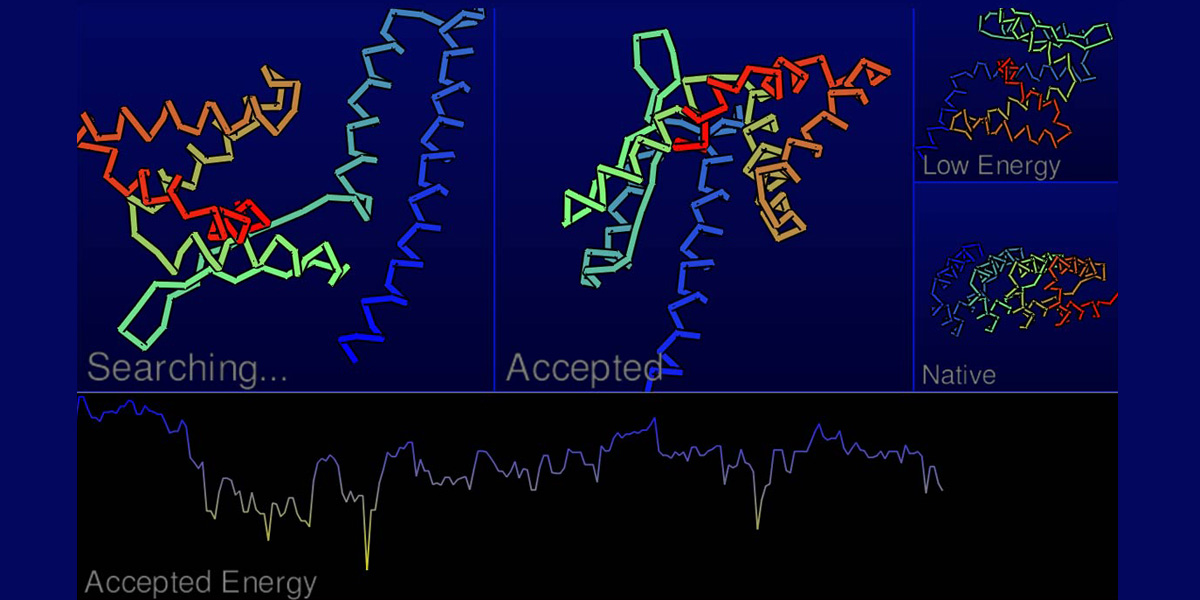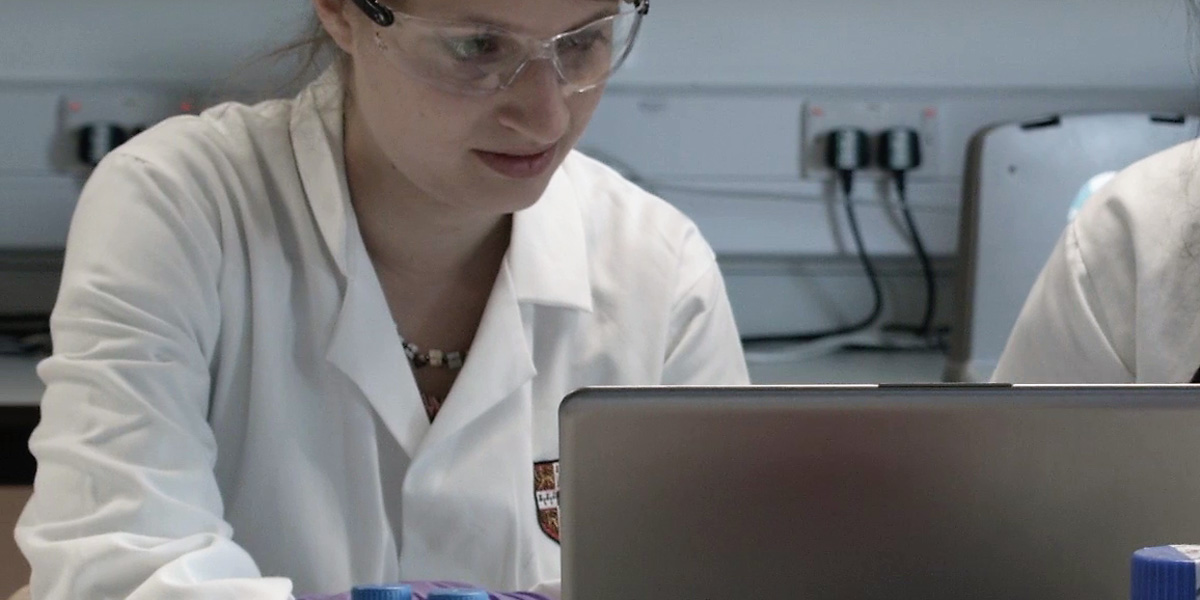Folding@home
The Folding@home team released its software to the public in September 2000. The aim of the project is to simulate protein dynamics, including the process of protein folding and the movements of proteins implicated in a variety of diseases such as Cancer, Alzheimer’s, Parkinson’s, Huntington’s, Influenza, and many others. In order to carry out these simulations you need enormous computing power, which is extremely expensive. Folding@home brings together citizen scientists who volunteer to run simulations on their personal computers.
